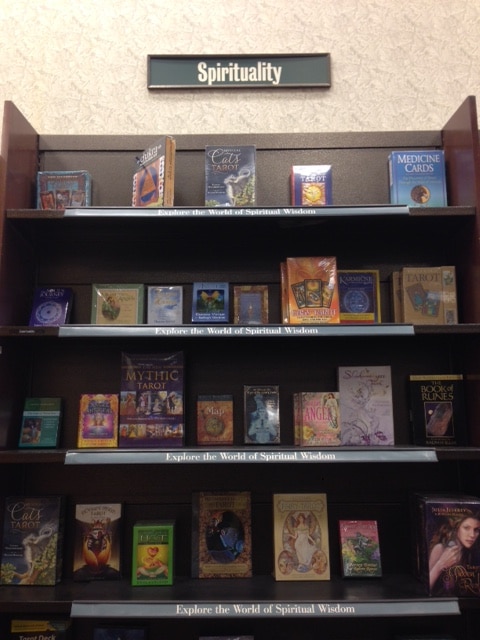Can a Person Attain Enlightenment Just by Practicing Mindfulness? – a commentary
Recently I read an interesting article by Dr. Edo Shonin “Can a Person Attain Enlightenment Just by Practicing Mindfulness?” and had a conversation with my teacher and mentor.
He indicated that this article makes an important effort in bringing attention to the concepts of enlightenment and Buddhism to a broader audience. While Dr. Shonin and his co-author Van Gordon should be recognized for their honorable intention to educate the general public, some aspects in the article may require further clarification to avoid any misunderstanding. My teacher highlighted the following three points in particular:
The first point refers to the definition of enlightenment according to Buddhism as exemplified by the authors. There is no enlightenment that is intrinsic to Buddhism or Hinduism or any other of the great Western and Eastern religions or spiritual philosophies. If it were exclusively associated with one teaching, it would not represent enlightenment in its genuine form. Enlightenment is just enlightenment by itself, period! It is actually enlightenment, which is the origin for the existence of Buddhism and other spiritual teachings, not vice versa.
Then he posed more questions as he frequently does, “Can the practice of Buddhism be called as genuine practice only when enlightenment is an intrinsic part of Buddhism? Or does the pursuit of Buddhism itself represent real Buddhism? Which of the two possibilities is the right one and why? What is the difference?”
A second point in need of discussion are the four reasons of why meditation teachers openly declare their enlightenment listed. My teacher further explained that none of the four reasons specified by the authors constitutes a genuine cause for the spread of enlightenment.
“Why do you think this is?” my teacher asked. He did not provide an answer; instead he wants spiritual practitioners to reflect on it.
The third point is the summary of characteristics defining the ‘state of enlightenment’. While my teacher appreciates the effort in distinguishing right from wrong interpretations of enlightenment, he expressed that the authors’ interpretation is their personal intellectual exercise and does not do justice to this vital topic: If, as concluded by the authors, one should not be attached to the idea of attaining enlightenment, consequently one should also not attempt to explicate enlightenment.
In conclusion, my teacher re-emphasized that the authors should be congratulated on their efforts to distinguish genuine from misleading concepts of enlightenments. There is a need for scholastic studies such as the one presented by Dr. Shonin and Van Gordon for demystifying misguiding concepts. Without further clarification, however, some of the aspects presented may be misunderstood by non-scholars and will not invoke the benefits originally intended by the authors.


